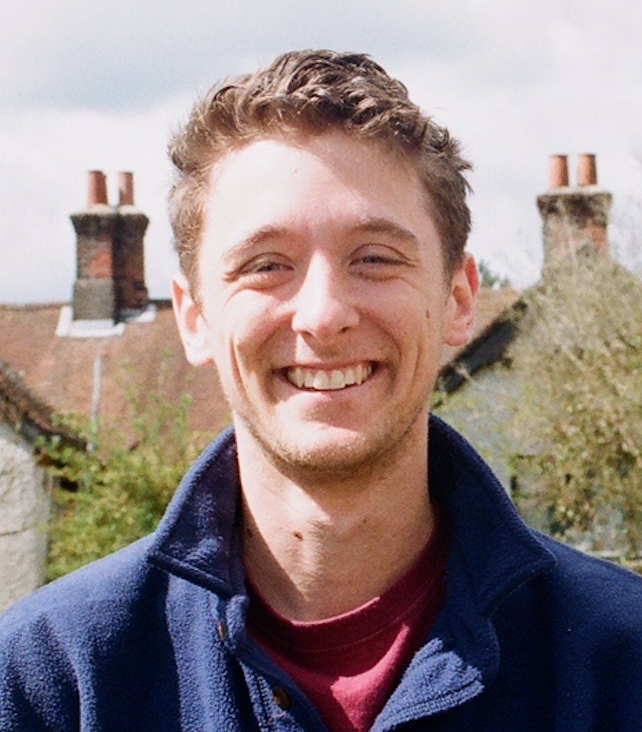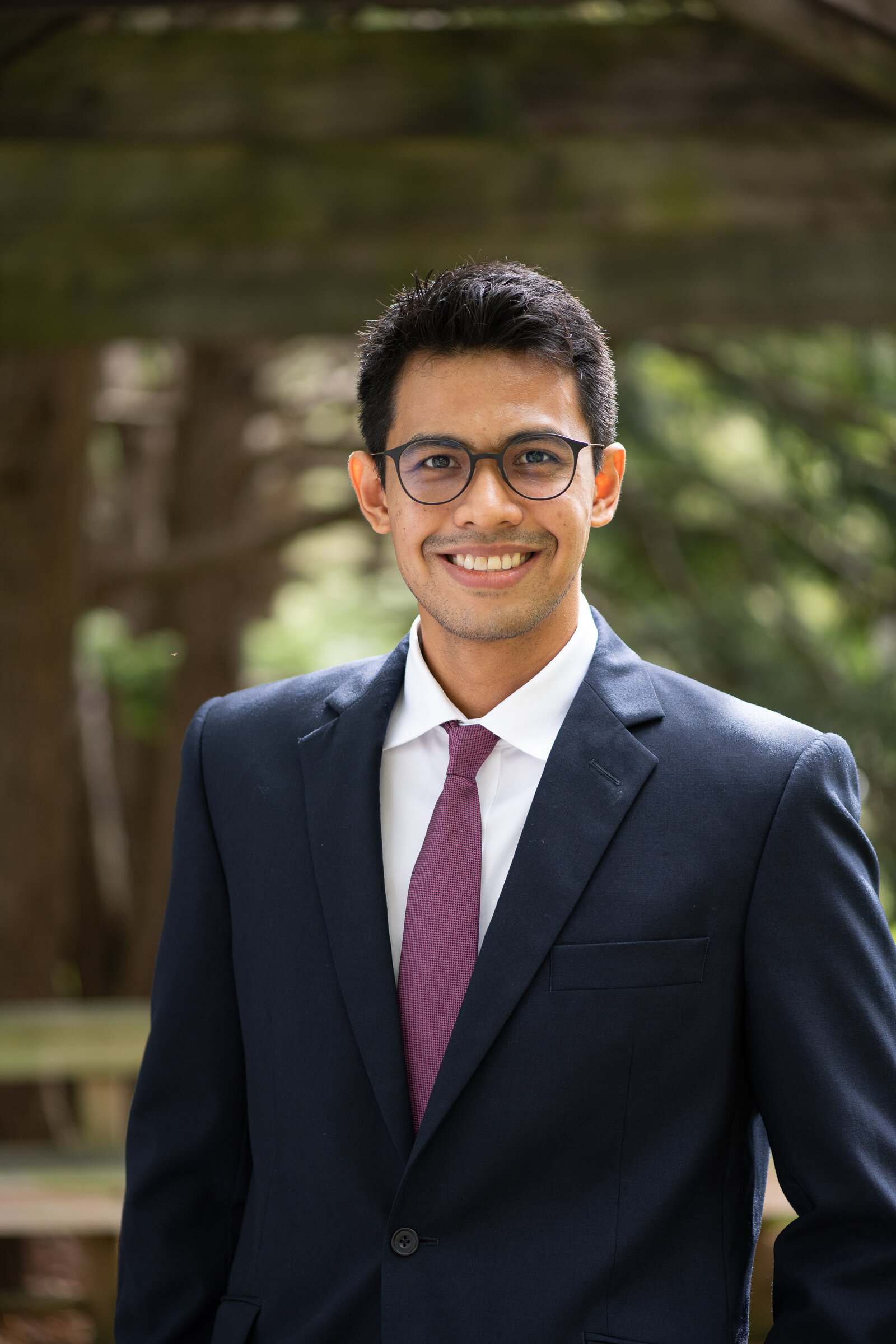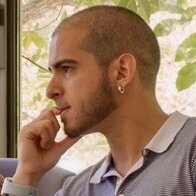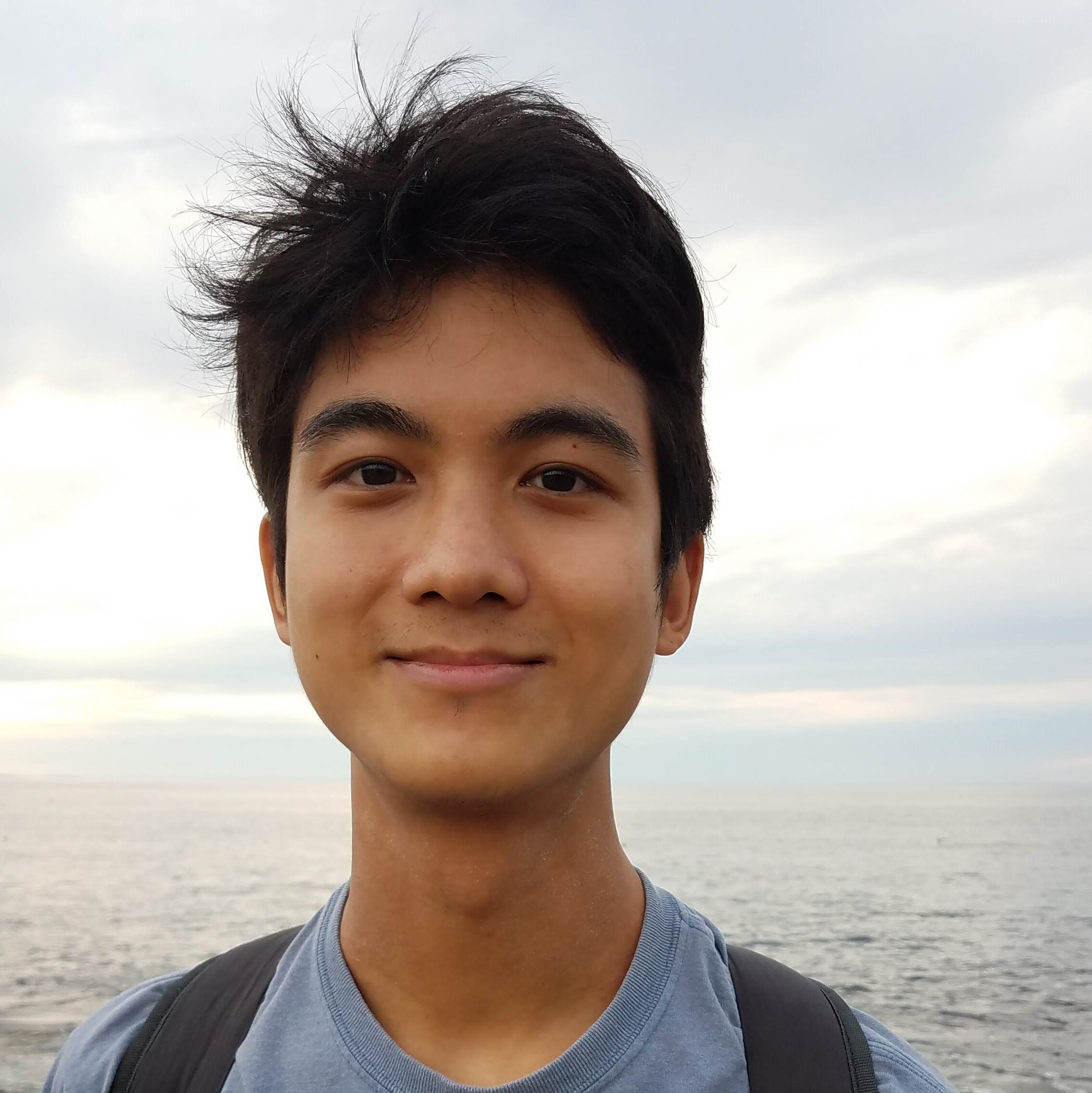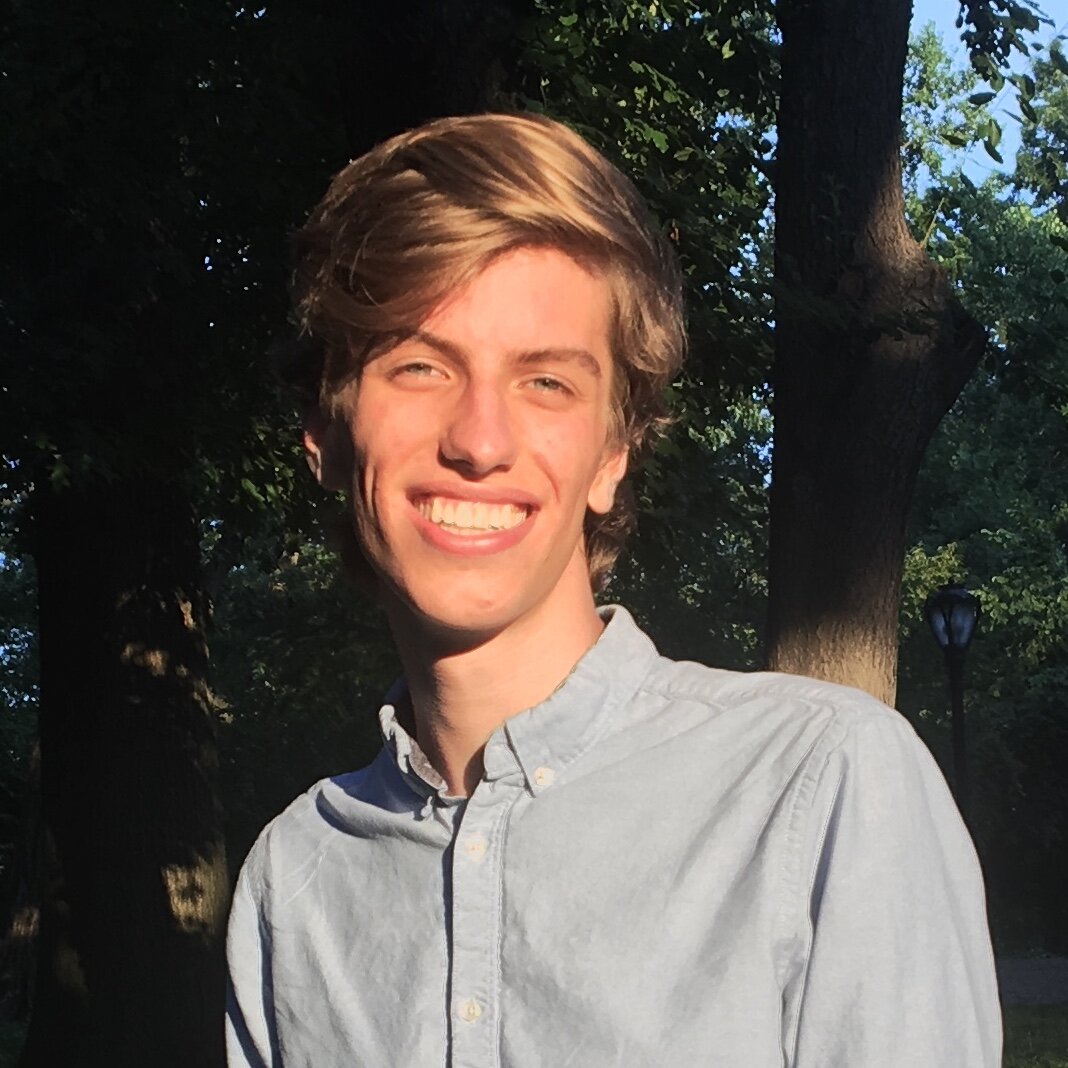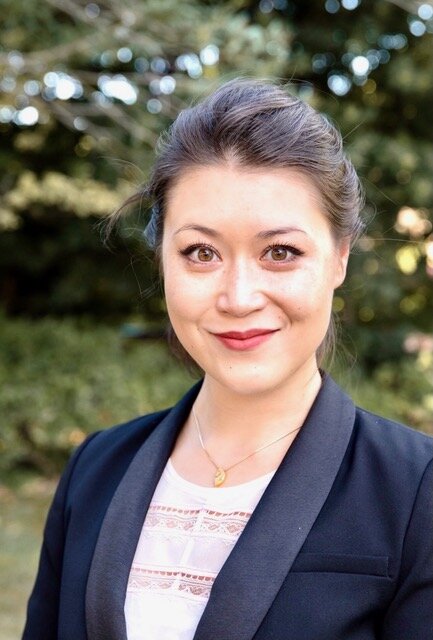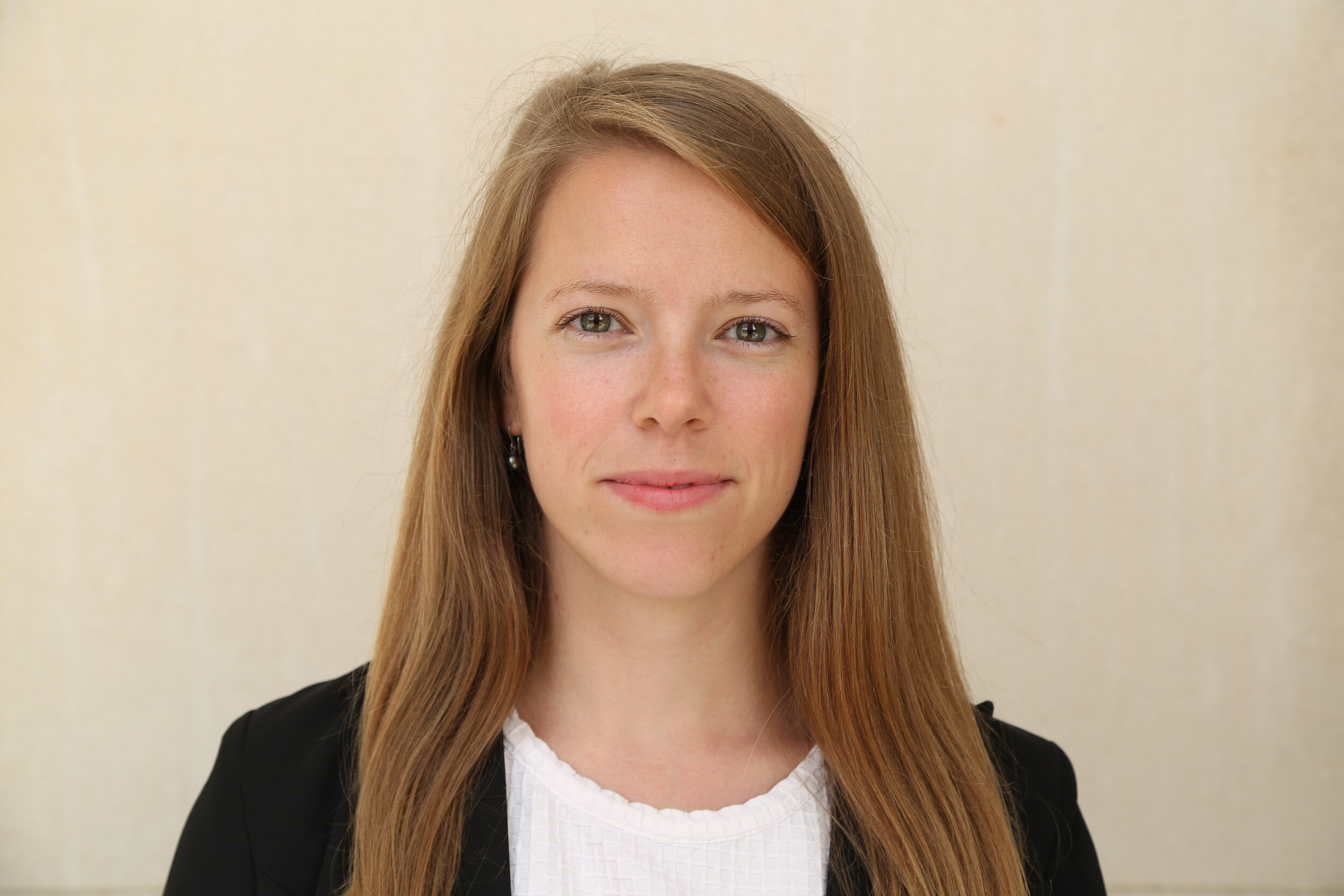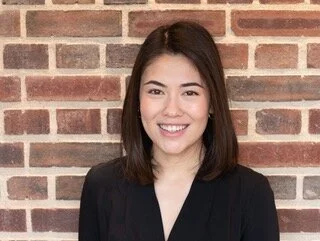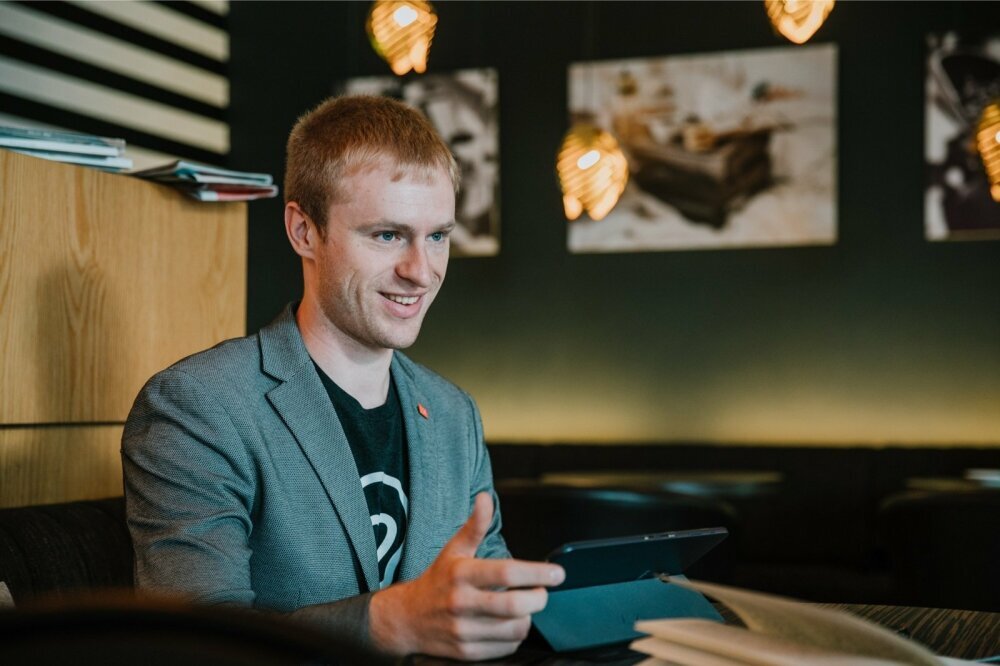Global Priorities Fellows - The 2021 cohort
The Forethought Foundation is excited to announce its cohort of Global Priorities Fellows.
aidan goth
Aidan Goth is starting an MSc in Econometrics and Mathematical Economics at LSE in August 2021. He is still developing his research interests and is open to working in a very wide range of areas. Potential research directions include decision theory, game theory and mechanism design, growth theory, political economy and economic history. Aidan holds an Integrated Master's in Mathematics and Philosophy from the University of Oxford and a Graduate Diploma in Economics from Birkbeck College, University of London.
Aidan penn
Aidan Penn is a PhD student in philosophy at NYU. His research interests include ethics, political philosophy, epistemology, and metaethics. He holds a B.Phil. in philosophy from the University of Oxford, and an A.B. in philosophy and government from Bowdoin College.
andrew koh
Andrew Koh will start a PhD in Economics at MIT in the fall of 2021. His current research thinks about strategic interactions among tech firms and the economics of big data. He's also broadly interested in economic growth, systemic and catastrophic risk, distributive justice, and applied statistics. He is working towards a master's in Mathematics at Oxford, and did his undergrad in Economics at Cambridge.
Charlotte unruh
Charlotte Unruh just took up a position as postdoctoral researcher at the Technical University of Munich, where she works in an interdisciplinary project on the ethics of artificial intelligence. Charlotte has research interests in the philosophy of harm, the ethics of future generations, and non-consequentialist moral theory. In her PhD thesis, "Doing and Allowing Harm to Future Generations", Charlotte develops a novel account of harm and discusses its application to cases in which today's actions risk harming future generations.
elliott Thornley
Elliott Thornley is a DPhil student in Philosophy at Oxford University and Parfit Scholar at the Global Priorities Institute. His doctoral research is in population axiology, with a particular focus on neutral-level, neutral-range, and lexical views. Outside of his doctoral work, he has research interests in consequentialism, supererogation, moral uncertainty, and longtermism. Before starting his DPhil, Elliott completed his MPhil at Cambridge and his BA at Oxford.
fikri pitsuwan
Fikri Pitsuwan is a PhD candidate in economics at Cornell University. His research field is microeconomic theory applied to problems in public, organizational, and environmental economics. Specifically, he investigates how the order of play affects societal outcomes in dynamic games of cooperation and competition. Prior to Cornell, he studied physics, economics, and mathematics at the University of Illinois at Urbana-Champaign, the University of Oxford, and the University of Cambridge.
firat akova
Fırat Akova received a PhD in Philosophy at the University of Warwick. Fırat's project exploring the political representation of future generations has been awarded a grant by Survival and Flourishing Fund. Fırat's PhD thesis focused on effective altruism, which covered a variety of issues, such as hedonistic utilitarianism and its approach to extreme poverty, overpermissive moral obligations, the clash between effectiveness and fairness, interpersonal aggregation, systemic change and institutional reform, and the status of the future extremely poor with respect to the non-identity problem. Fırat taught philosophy seminars at the University of Warwick as a Senior Graduate Teaching Assistant.
foivos savva
Foivos Savva is an Associate Lecturer at the University of St Andrews and has received his PhD in Economics from the University of Glasgow. His research focus is on the strategic aspects around institution design and his recent work has formally outlined the role of pro-social motives in the implementation of social goals. Lately, he has a keen interest in normative issues concerning fairness in intergenerational or variable population settings.
frank hong
Frank Hong is a PhD student in philosophy at USC. His research lies at the intersection of epistemology (formal and traditional) and the philosophy of language. A unifying theme in his dissertation is the relationship between probabilities and knowledge and how each should guide our actions. Before coming to USC, Frank was an MA student in philosophy at the University of Toronto. Before that, he did his undergraduate studies in philosophy at the University of British Columbia.
hazel browne
Hazel is currently completing an MSc in econometrics and mathematical economics at LSE and will commence a PhD in economics at MIT in August 2021. Recently, she has been interested in the interaction of institutions and economic inequality, and in understanding channels through which inequality might affect the long-term future. Before moving into economics, Hazel's undergraduate studies were in pure mathematics at the University of Sydney.
Jakob lohmar
Jakob Lohmar currently works as a research associate in philosophy at the University of Cologne and the University of Mainz. In his doctoral studies, which he will commence this year, he intends to focus on the longtermism paradigm. More generally, his main research interests include population ethics, axiology, moral uncertainty, and social epistemology. Jakob received his M.A. in philosophy from the University of Bonn and his B.A. from the University of Münster where he studied economics and philosophy.
joel becker
Joel Becker is a first year PhD student in economics at New York University. His research interests are in applied microeconomics, with substantive interests in expert forecasting. Prior to NYU he worked as a Predoctoral Fellow at Harvard University and completed a BSc in Economics and Econometrics at the University of Bristol.
john mori
John will pursue a PhD in economics at the University of Chicago. He is interested in how economic theory can inform the reduction of existential risk. Other research interests are in population ethics, welfare economics, and environmental economics. He studied ethics, politics, and economics at Yale University and is currently a predoctoral research fellow at the Global Priorities Institute.
kacper Kowalczyk
Kacper has recently completed his DPhil in Philosophy at St Anne’s College, University of Oxford. He is currently an Associate Lecturer (Teaching) in Philosophy at University College London. He received a BPhil from Christ Church, Oxford, in 2016 and a BA from Trinity College, Cambridge, in 2014. He is interested in population ethics, personal identity, and decision theory.
kevin kuruc
Kevin Kuruc is an assistant professor of economics at the University of Oklahoma. He is interested in questions at the intersection of macroeconomics and welfare economics, especially those requiring a population ethics component. He has work on agricultural and environmental economics as well as international transfers, though he hopes to focus on more general long-run socio-economic development in coming projects.
kian mintz-woo
Kian Mintz-Woo is a permanent lecturer at University College Cork. Before that, he was a postdoctoral research associate at Princeton University, where he worked at the University Center for Human Values and the Princeton School of Public and International Affairs. In 2021, he was selected as a finalist for the International Society for Environmental Ethics' Andrew Light Award for Public Philosophy. While long-termist institutional design is getting a large amount of attention, he is working on long-termist policy design. In particular, he wants to determine what kind of policies could help internalize risks that are externalized over the long-term.
leah pierson
Leah Pierson is an MD-PhD student at Harvard Medical School and the Harvard T.H. Chan School of Public Health. She is pursuing her PhD in the Department of Global Health and Population, where she plans to research ethical issues related to global health priority setting. Specifically, she is interested in the extent to which governments and funders should support systemic interventions that are less amenable to cost-effectiveness analysis. Previously, she studied political theory at Brown University and served as a fellow in the NIH Department of Bioethics, where she worked on ethical issues related to health research priority setting.
leopold aschenbrenner
Leopold Aschenbrenner is starting as a Research Fellow in economics at Forethought Foundation this summer, and he is also a Research Affiliate at the Global Priorities Institute. His research centers on the very-long-run future of economic growth and its relationship to existential risk. He recently graduated as valedictorian from Columbia, where he studied economics and mathematics-statistics.
linda eggert
Linda is a DPhil candidate in Political Theory at Oxford’s Department of Politics & International Relations. Her work is in moral, political, and legal philosophy, and focuses on the ethics of war, global and rectificatory justice, and issues in normative and practical ethics. Linda’s doctoral thesis examines questions of justice in armed humanitarian intervention. Linda is also interested in the ethical implications of artificial intelligence, the relationship between cosmopolitanism and longtermism, and in how we should prioritise different types of morally pressing issues.
Louise Guillouët
Louise Guillouët is a PhD candidate in Economics at Columbia University. She is interested in sustainable development, with the goal of helping poor individuals and poor countries grow in an economically (through private-sector development) and environmentally sensible (long-term) manner. Her research leverages theoretical and empirical tools from development economics and industrial organization. Before coming to Columbia, Louise studied social sciences at Sciences Po, natural sciences at Sorbonne Université (Pierre et Marie Curie) and economics at the Paris School of Economics.
luzia bruckamp
Luzia Bruckamp is a predoctoral research fellow in economics at the Global Priorities Institute in Oxford where she is currently working on questions related to institutional change. Her research interests lie in microeconomic theory and behavioral economics. She will join the London School of Economics and Political Science as a PhD student in September 2021. Prior to that, she studied psychology at the University of Göttingen and economics at Humboldt University Berlin.
Mckay jensen
Mckay Jensen is a PhD student in economics at the University of Chicago. His research involves applications of computational tools to economic problems. He hopes to use those same tools to better understand our impact on the long-term future and to model potential economic scenarios we may encounter as technology––particularly, labor-automating technology––progresses.
merrilyn groom
Merrilyn Groom is undertaking a DPhil in Economics at the University of Oxford. Her research is in applied microeconomics, at the intersection of behavioural economics and labour economics, with a special interest in how behavioural norms are passed on to and affect the economic decision-making of future generations. Her current research has two different branches to it: the first looks at understanding altruism and cooperation in adults, and the second looks at understanding how norms and preferences develop in children and affect their economic decision-making. This second project will focus, in the first instance, on decision-making in a role-play labour market but will broaden over time to cover a range of economic decisions and the relevant underlying norms that drive them.
nagisa tadjfar
Nagisa Tadjfar is a first year economics PhD student at MIT interested in researching the intersection of labor, public finance, and health economics. In her research, she hopes to understands how healthcare labor markets can affect health outcomes, patient and healthcare worker behavior, and costs. Prior to the PhD program, she received a BS in physics and a BS in materials engineering from MIT. Nagisa is American, but spent her childhood in Tokyo and Tehran.
nikhil venkatesh
Nikhil is a PhD candidate in the Department of Philosophy at University College London. He has published on population ethics, and his dissertation research explores how utilitarianism might be defended using insights from communitarian and socialist thought. He is also interested in collective action, long-termism, Marxism, and in the nature of politics, normativity and morality.
patrick wu
Patrick Wu is a PhD student in philosophy at New York University. His research interests are in moral philosophy, political philosophy, decision theory, and social choice theory. Recently, he has thought about partial aggregation and severe normative uncertainty. Before attending NYU, he received an AB in philosophy and math-economics from Brown University.
pedro adami oliboni
Pedro Adami Oliboni is a Master's student in economics at Bocconi University. His research interests are in decision theory, microeconomic theory, and the design of mechanisms and institutions that promote the well-being of future generations. Prior to Bocconi University, Pedro studied mathematics and philosophy at the College of Wooster and did an exchange program at Hertford College in the University of Oxford.
Péter Bayer
Péter Bayer is a post-doc at Toulouse School of Economics and the Institute for Advanced Study in Toulouse. He received his PhD in economics at Maastricht University in 2019. His past research covers topics related to networks, farsightedness, learning, and cancer. He has a general interest in all things related to game theory and decision theory and is eager to find applications for them in global priorities.
philipp schoenegger
Philipp Schoenegger is a Ph.D. student at the University of St Andrews. His research lies at the intersections of moral/political philosophy, experimental economics, and social/personality psychology. Recent work includes papers on of the role that expert advice plays in charitable decision-making under normative uncertainty, the effect of moral demandingness on donations, and the association between personality and views about anti-natalism, among others. Prior to starting his doctoral research, he has received an M.Litt. in Moral, Political, and Legal Philosophy from the University of St Andrews as well as a Mag.phil. and two B.A.s from the University of Graz in the subjects of psychology, philology, and philosophy.
pietro cibinel
Pietro Cibinel is a PhD student in philosophy at Princeton University. He previously completed the BPhil in philosophy at the University of Oxford. His research focuses on epistemology, ethics, and decision theory. He is especially interested in topics at the intersection of these areas, with a view towards their ramifications for global priorities research.
risto uuk
Risto Uuk is a PhD student in economics at Tallinn University of Technology focusing on the impact of AI-induced automation on the labor market. He tries to learn what the importance of large-scale automation could be from the perspective of longtermism. Previously, he completed an MSc in Philosophy and Public Policy at the London School of Economics and Political Science, worked for the European Commission on trustworthy AI, and founded Effective Altruism Estonia. Furthermore, he is currently part of working groups at the World Economic Forum and AI4EU.
ruru hoong
Ruru Hoong is a first-year economics PhD student at Harvard & HBS. Her research interests are predominantly in behavioural and public economics — in particular, the optimal timing and coordination of charitable giving, as well as the theoretical modelling/ empirical testing of mechanisms behind altruistic acts. She also enjoys thinking about issues at the intersection of law and economics, such as how privacy regulations can impact consumer behaviour. Ruru graduated from Stanford in 2019 and has work experience with the Singapore government, GIC, the World Bank, and BCG in London. When not doing research, she likes to write fiction, dance tango, and throw clay ‘round a wheel.
shira ahissar
Shira Ahissar is a PhD student in philosophy at the LSE. Her research interests include political philosophy, ethics, social choice theory and philosophy of language. She is currently focusing on democratic theory, ethics of technology and AI methods that could be used to improve governments' decision-making as well as the understanding of the long term consequences of such decisions. She also holds an MA degree in philosophy, obtained in a direct-to-MA Adi Lautman Interdisciplinary program at Tel Aviv University.
stijn bruers
Stijn Bruers is an economics PhD student at the university of Leuven, Belgium, working in the field of health economics. Before that, Stijn did a PhD in physics (about ecosystem thermodynamics) and in moral philosophy (about animal ethics) at Ghent University. His research interest is in welfare economics, in particular its population ethics and animal ethics extensions. Combining his moral philosophy and economics studies, Stijn hopes to work on cause prioritization and animal welfare economics. Stijn is also president of Effective Altruism Belgium.
thomas rowe
Thomas Rowe is a lecturer in philosophy at King's College London. Before this, he was a postdoctoral fellow in the PPE program at Virginia Tech. His research interests are in the areas of moral and political philosophy, with a particular emphasis on issues surrounding risk and uncertainty. One recent project considers whether exposure to risk and uncertainty itself can be harmful.
tomi francis
Tomi Francis is a DPhil candidate in philosophy at St John's College, Oxford, though this is currently (CY 2021) on hold in order to pursue global priorities research. His research interests are in population ethics, global priorities research, and decision theory. As of 2021, he is particularly thinking about the value (or lack thereof) of creating happy people, practical implications of taking arbitrarily small probabilities seriously, the justification of anonymity in population axiology, the implications of partially aggregative moral views for longtermism, the possibility of option-set-dependent betterness, rational choice for agents with incomplete preferences, and intrapersonal arguments for the Repugnant Conclusion.
yao fan
Yao Fan is currently a Ph.D. student in Philosophy at University of Pittsburgh. When Yao first started his Ph.D., he mainly worked on theoretical philosophy, focusing on issues in Epistemology and Logic. As time passes, he gradually develops interests in social and political aspects of human activities. Recently, he's been trying to bring methods and insights from philosophy, economics and (most recently) law together in respond to issues concerning social justice and political economy.


